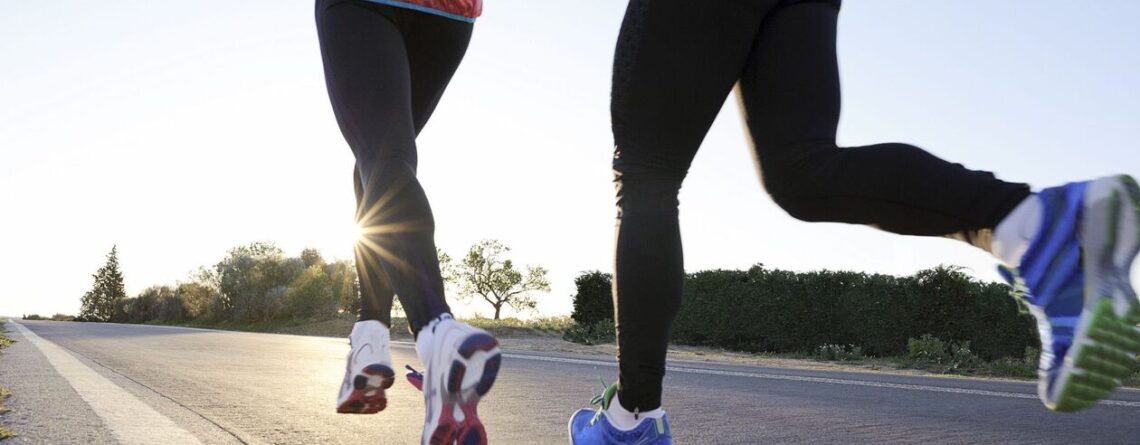How Staying Physically Active May Protect the Aging Brain
Staying physically active as we age substantially drops our risk of developing dementia during our lifetimes, and it doesn’t require prolonged exercise. Walking or moving about, rather than sitting, may be all it takes to help bolster the brain, and a new study of octogenarians from Chicago may help to explain why.
The study, which tracked how often older people moved or sat and then looked deep inside their brains after they passed away, found that certain vital immune cells worked differently in the brains of older people who were active compared to their more sedentary peers. Physical activity seemed to influence their brain’s health, their thinking abilities and whether they experienced the memory loss of Alzheimer’s disease. The findings add to growing evidence that when we move our bodies, we change our minds, no matter how advanced our age.
Already, plenty of scientific evidence indicates that physical activity bulks up our brains. Older, sedentary people who begin walking for about an hour most days, for instance, typically add volume to their hippocampus, the brain’s memory center, reducing or reversing the shrinkage that otherwise commonly occurs there over the years. Active people who are middle-aged or older also tend to perform better on tests of memory and thinking skills than people of the same age who rarely exercise, and are nearly half as likely eventually to be diagnosed with Alzheimer’s disease. Almost as heartening, active people who do develop dementia usually show their first symptoms years later than inactive people do.
But precisely how movement remodels our brains is still mostly mysterious, although scientists have hints from animal experiments. When adult lab mice and rats run on wheels, for example, they goose production of hormones and neurochemicals that prompt the creation of new neurons, as well as synapses, blood vessels and other tissues that connect and nurture those young brain cells.
Read more @The New York Times
247 views










